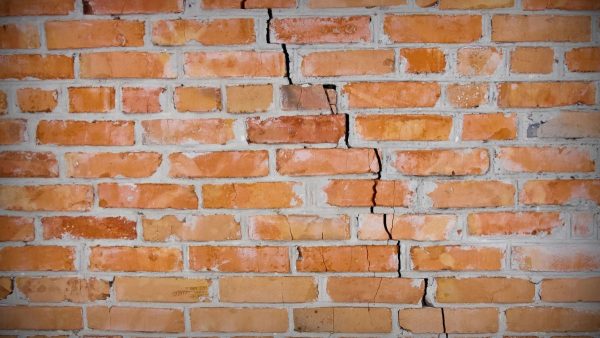The mystery of masonry cracks unveiled

Masonry cracks can have many causes. It’s important to discover the cause in order to fix the crack and the underlying issue before more damage is done. We’ll discuss the common causes and types of masonry cracks.
Common causes of masonry cracks
Masonry cracks can be caused by settlement from downward pressure on the loads of walls. Subsidence, the removal of earth beneath the foundation, is another. Sometimes, one can cause the other.
Cracking occurs when concrete expands or contracts due to thermal expansion or contraction. Differential movement, where two types of substances react differently to temperature, is also related to this.
Overload occurs when external pressure exceeds the load-bearing capacity due to wind, pressure, soil, or seismic activity. Deflection happens when interior structural elements deflect outwards due to high-weight loads.
Types of masonry cracks
You can often tell the cause of a masonry crack by the type of crack. The most common reason is some sort of settling. Following are the common types of masonry cracks:
- Horizontal cracks – Most often found near the corner of the building. If one end of the crack is wider than the other, it may have been cracked due to settlement in the direction of the wider crack. However, it can have multiple causes, such as improper curing or issues with your garage door lintel.
- Stair step or diagonal cracks – The most common type of masonry crack. They appear close to doors, windows, and garage door lintels. They’re often wider at the top, and the direction of the wide end is usually the direction of the settlement.
- Vertical cracks – The probable cause of these cracks will depend on size. Large vertical cracks that are wider at the bottom may be a sag in the foundation. Small vertical cracks may be because of improper concrete curing.
If you have any more questions about masonry cracks or need the help of someone with the knowledge, expertise, and technology to do your masonry restoration work at a high level, contact us.
